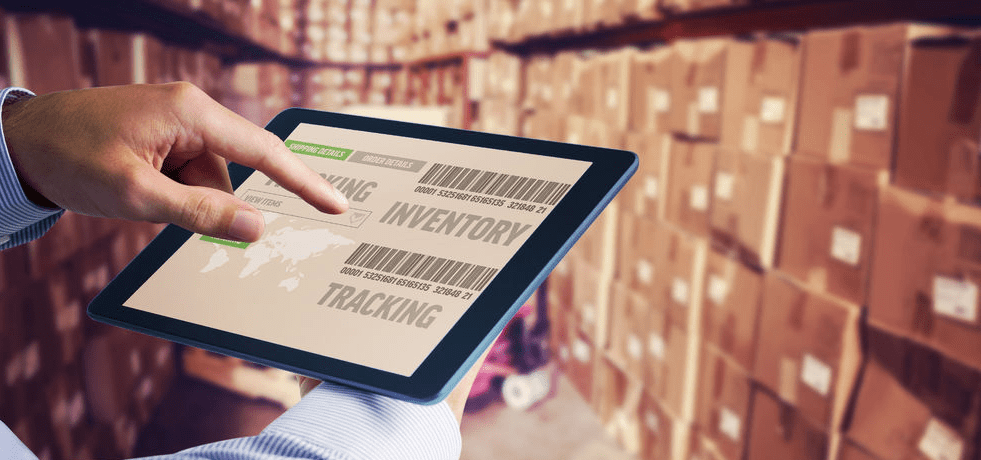
Tablets in manufacturing and integration of apps can benefit production and sales
Manufacturers, after a long held-attachment to PCs and laptops, are increasingly turning to tablets.
Why is that?
Tablets in manufacturing and integration of apps can benefit in production and sales. Mobility, speed, easy access to data, improved analytics – are just some of the reasons.
That is why more and more manufacturers are investing in integrating mobile devices into their manufacturing process. Mobility is a key foundation for using production data to improve the flow of information both inside and out of the factory, ultimately helping a manufacturer increase productivity and capacity and reduce errors.
Tablets and mobile applications for manufacturing, offer many advantages over older data interfaces. Below, we will delve into some of these advantages and offer suggestions and examples of their implementation.
In the manufacturing plant
1. Monitor assembly line workflow performance
Sure, there are already desktop applications for workflow performance monitoring. But are they really applicable for your assembly process?
Some build-to-order products literally travel miles within a plant before completion.
Integrating mobile-based systems into your manufacturing scheme can provide you with real-time updates and propagating data through the production center, trim much of that journey down, reducing production time by days or even weeks.
2.Machine specific performance and maintenance alerts

Many industries require regular calibration and maintenance to remain in compliance. Deviation, even brief one, can have disastrous results – not to mention the end users of your products.
At the same time, halting production until a detected issue is dealt with represents a considerable blow to your production.
Mobile based sensors can slash the time required for detection of maintenance/ calibration issues and directly and immediately alert your engineers of the situation.
These solutions can be integrated into smartphones or rugged ergonomic tablets for extra safety and mobility.
3.Replace manual inventory management systems with mobile inventory tracking

Manual inventory management can eat up thousands of manhours and accrue enormous expenses.
By moving to an enterprise-wide mobile inventory tracking, traceability and reporting system you can reduce these costs by an order of magnitude while boosting the accuracy and time specificity of your inventories.
4.Flexible, bidirectional, and personalized location based services

There are essentially two different approaches to using tablets in manufacturing. The first is to use tablets to replicate the same old KPIs used on laptops and desktops, but make use of the increased mobility of the tablets for greater user convenience and access.
The other way exploits the sensors a mobile device typically employs to provide personalized location-based services.
Utilizing this capability, every employee can be provided with a tablet, and that tablet can provide him with personalized information which guides him through processes – including processes that are bi-directional and require his input.
Of course, providing every worker with his own tablet represents a risk in terms of data security as well as the physical security of the device itself.
Fortunately, there are great rugged security solutions for mounting tablets, store and charge them without the risk of being stolen and even having them mobile with a grip & secure dock system.
You can find all the solutions you need in one place, click here to learn more.
In Sales, supplier interface and customer service

1.Integrate mobile CRM systems with distributed order management
Tablets in manufacturing setting
With mobile devices, sales teams, prospects, and customers can be provided with information when, where and how they need.
Timing in sales is crucial – providing your sales representatives and their customers with immediate information upon request can make all the difference between making and not making a sale. And you can’t do that on a laptop…
The same applies for delivering immediate price quotes – when your teams offer an immediate price tag following discussions with clients they have a better than even chance to win the bid.
Combine good CRM system, as SalesForce or Hubspot, integrate it into a tablet and your team is already one step ahead.
If you need to securely mount and dismount the tablets fast and easily from a vehicle, as in most cases traveling manufacturing agent do, here are some great solutions.
2.Make distributed order management transparent to sales
Nothing annoys customers more than a delayed delivery. Well, nothing except for the inability to update him right now, on when the product will be delivered.
Typically, much of the time and quite a bit of the
3.Accurately communicate parts and staffing requirements
How often has you had customers call a field service technician only to find out that the technician lacks the correct parts to solve the problem, or has been misinformed of the nature of the problem? How often has that customer avoided calling or purchasing from you again?
Combining emerging mobile platforms with service optimization apps, can enable manufacturers to get the right technician to the right customer problem with the right parts at the first try.
4.Improved supply chain management
Mobile supply chain management (
*Competitive advantage based on the notion of value chain analysis in SCM
**Relationship management for successful collaboration along the supply chain and strategic partnerships
***Coordination and integration of disparate functions and activities to enhance overall supply chain performance.
Conclution
Integrating tablets in manufacturing and diverse manufacturing mobile apps in the production setting and in the products sales, can improve greatly results and customer satisfaction.
The great news that there are new and exciting solutions which can help, and we mentioned just some of the applications.
Using tablets, and especially rugged secured options, can ease the use of those applications, add to mobility and ease of use.
Discover different solution for integrating secured display and mobile solutions for manufactiring here.
